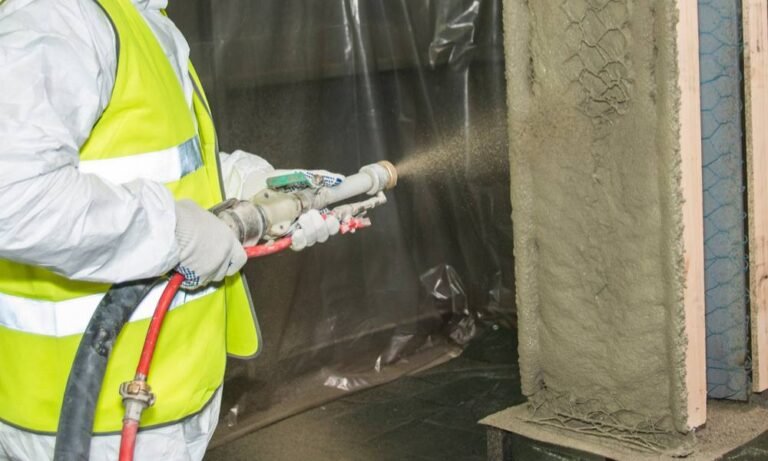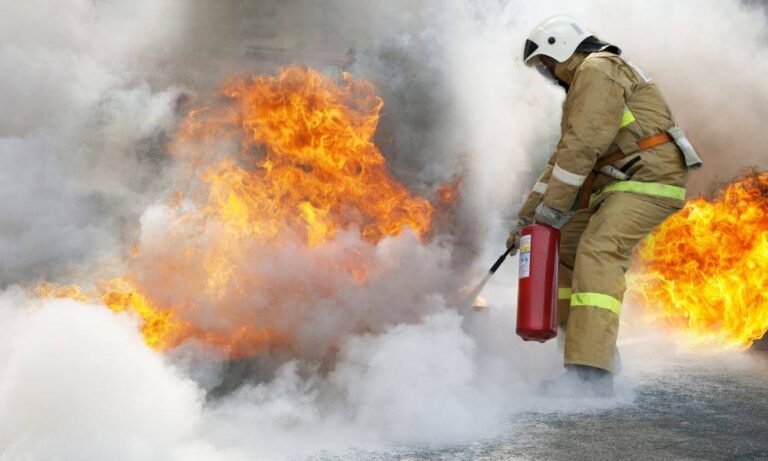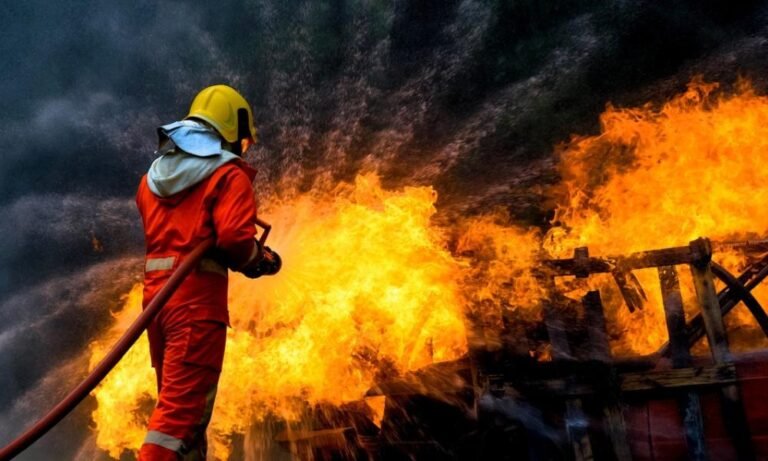Estimated reading time: 5 minutes
When people think about increasing their property’s value, they usually focus on renovations, curb appeal, or energy efficiency. But here’s something that often gets overlooked—fireproofing. Beyond just safety, fire-resistant upgrades can enhance property value, lower insurance costs, and make buildings more attractive to buyers and tenants.
I’ve worked on countless projects where fireproofing turned out to be a game-changer for property owners. Whether you’re managing a commercial space, a residential building, or an industrial facility, investing in fire-resistant materials and systems is a smart move. Here’s why.
What You’ll Learn Here
How fireproofing protects your investment and prevents costly damage.
How it lowers insurance costs and improves compliance.
Why fireproofing increases resale value and makes properties more appealing.
The best fireproofing methods to enhance safety and property longevity.
The role of modern technology in fire protection.
Fireproofing as a Smart Investment
1. Preserving Your Property’s Value
Fires don’t just destroy buildings—they devalue properties even if the structure remains standing. Smoke damage, weakened foundations, and costly repairs can scare off buyers and tenants.
By integrating fire-resistant materials such as intumescent coatings, fireproof insulation, and reinforced walls, property owners can:
- Minimize damage in case of a fire.
- Reduce long-term maintenance and repair costs.
- Improve structural durability, which retains or increases market value.
A property that meets or exceeds fire safety standards is simply worth more.
2. Lowering Insurance Premiums
Insurance companies love risk reduction. When your building is equipped with fire-resistant materials and suppression systems, insurers recognize it as lower risk, which often translates to:
Lower premiums on property insurance.
More favorable terms for liability coverage.
Reduced risk of non-compliance fines for commercial spaces.
Thinking of ways to cut down your property’s operational costs? Fireproofing can significantly reduce insurance expenses.
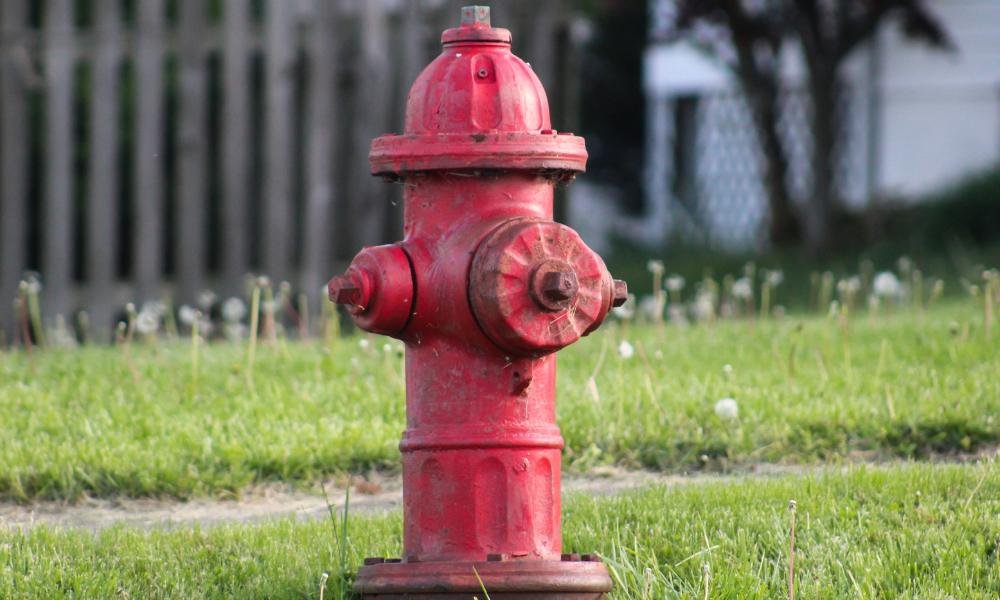
Fireproofing as a Competitive Advantage
3. Increasing Buyer & Tenant Appeal
Would you buy or rent a property that lacks essential safety measures? Most people wouldn’t.
Properties with fire-resistant features attract more buyers and tenants because they provide:
Peace of mind—knowing that safety is a priority.
Legal compliance—ensuring the building meets all fire codes.
Lower risk of unexpected costs—tenants feel more secure.
For landlords and property managers, fireproofing means fewer vacancies and higher demand.
4. Meeting Building Code Requirements
Many cities have strict fire safety regulations, and failing to comply can lead to:
Costly fines.
Difficulty obtaining permits.
Potential legal issues if a fire occurs.
Keeping up with fire codes isn’t just about following rules—it’s about protecting your investment. Regular inspections help ensure compliance.
The Best Fireproofing Methods for Property Value
5. Fire-Resistant Coatings & Materials
Adding fire-resistant coatings to walls, ceilings, and structural elements helps delay fire spread. Options include:
Intumescent coatings – Expand when exposed to heat, creating a protective barrier.
Cementitious fireproofing – A heat-resistant spray that insulates steel and concrete.
Fire-rated drywall – Offers greater resistance than standard drywall.
6. Passive Fire Protection Features
Some fireproofing measures work without any activation—they’re just built into the property. These include:
Fire-resistant doors and walls that slow flame spread.
Compartmentalization—dividing a building into fire-resistant sections.
Fire-resistant insulation—which prevents heat from spreading.
Want to know if your property needs these upgrades? Look out for signs that you need fireproofing services.
Long-Term Cost Savings with Fireproofing
7. Preventing Expensive Repairs
A small fire can lead to major expenses. Fire-resistant buildings are far less likely to need:
Extensive smoke and water damage restoration.
Structural repairs due to weakened materials.
Business shutdowns or tenant relocations (which hurt revenue).
Investing in fireproofing now can save thousands in repairs and lost revenue later.
8. Lower Maintenance Costs
Fire-resistant materials generally require less frequent repairs and replacements, meaning fewer expenses over time.
9. Improved Energy Efficiency
Here’s something most people don’t realize—fireproof insulation can also improve energy efficiency. Many fire-resistant materials, such as mineral wool and specialized coatings, also reduce heat loss, leading to lower energy bills.
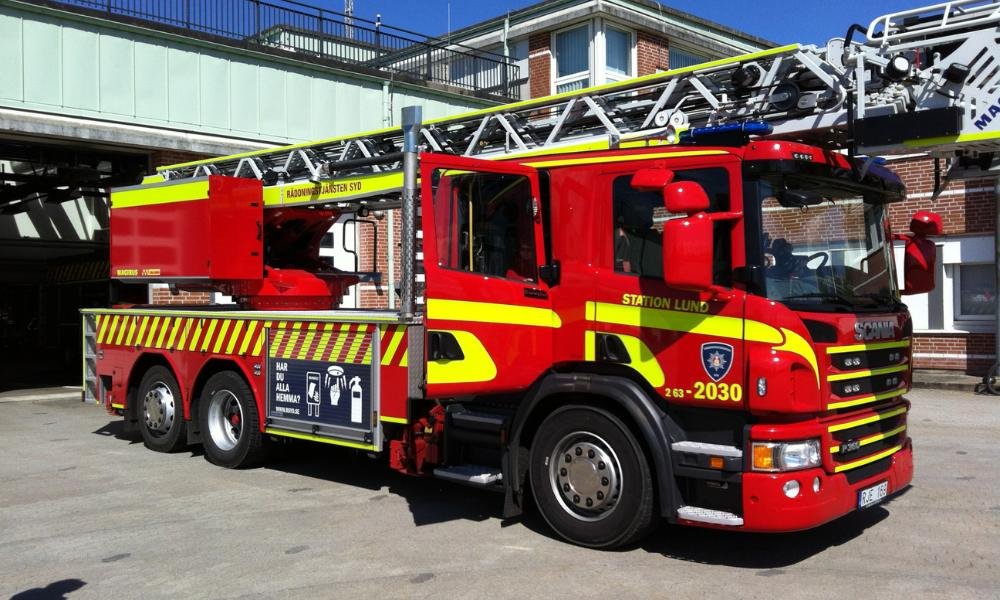
Technology & Modern Fireproofing Solutions
10. Smart Fire Protection Systems
Today’s fire safety isn’t just about sprinklers. New technology is making buildings safer and smarter.
AI-Powered Fire Detection – Sensors that analyze smoke and heat patterns to detect fires faster.
Automated Suppression Systems – Smart sprinklers that activate in specific areas to minimize damage.
Remote Monitoring – Property managers can track fire safety systems from their phones.
The future of fireproofing is smarter, faster, and more effective.
Final Thoughts: A Fireproof Property Is a Valuable Property
A fireproofed property is worth more, costs less to maintain, and attracts more buyers and tenants. Whether you’re a homeowner, investor, or commercial property owner, adding fire-resistant materials and smart safety systems is one of the best long-term investments you can make.
If you’re thinking about upgrading your fire protection, start with the right fireproofing contractor. Here’s how to choose the best one.

